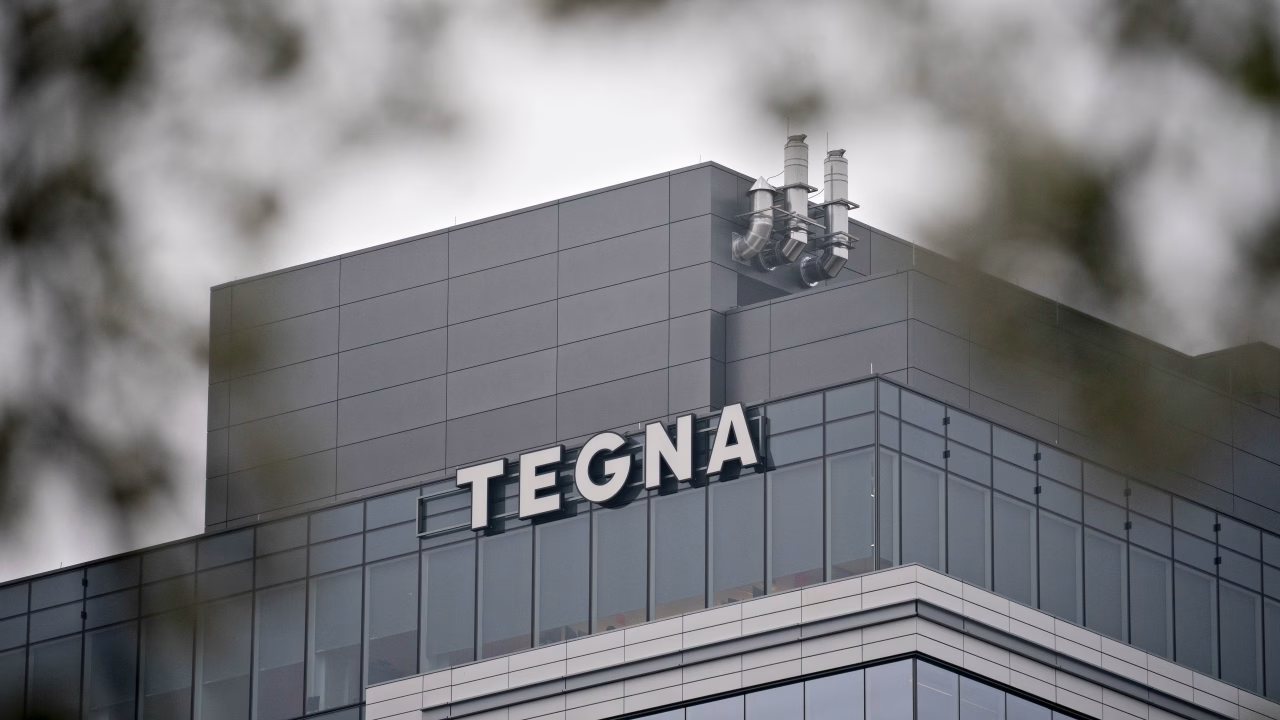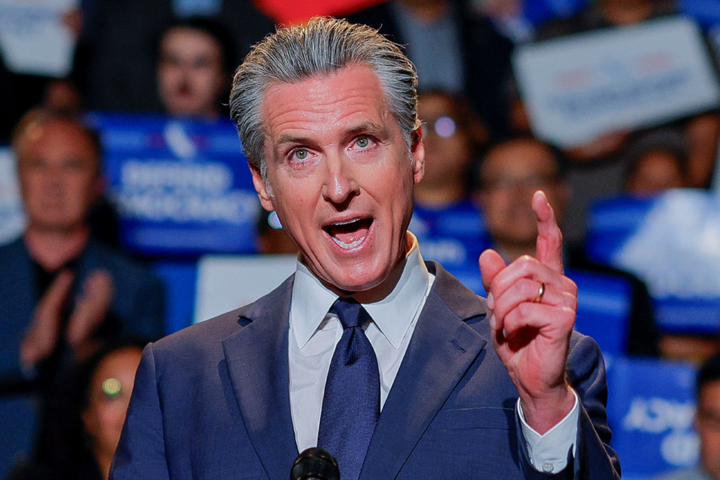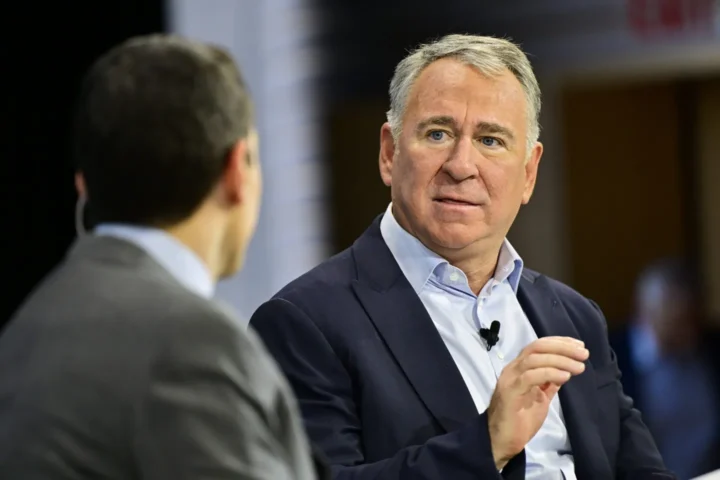Nexstar Media Group, the largest operator of local television stations in the United States, has announced plans to acquire broadcast rival Tegna in a $6.2 billion deal that could further reshape the country’s local news and media industry.
If approved, Nexstar will pay $22 in cash per share for Tegna’s outstanding stock. The transaction, which still requires shareholder and regulatory approval, is expected to close by the second half of 2026.
Deregulation Clears the Way
Regulatory approval could be more likely under President Donald Trump’s administration, which has long pursued loosening restrictions on broadcasters. Nexstar CEO Perry Sook directly credited the administration’s deregulatory stance when announcing the deal Tuesday.
“These actions offer local broadcasters the opportunity to expand reach, level the playing field, and compete more effectively with the Big Tech and legacy Big Media companies that have unchecked reach and vast financial resources,” Sook said. “Tegna represents the best option for Nexstar to act on this opportunity.”
The Federal Communications Commission (FCC), led by Trump-appointed chairman Brendan Carr, has already moved to roll back regulations. On Aug. 7, the FCC announced it would repeal 98 broadcast rules, many of which date back decades. Meanwhile, a July ruling by the U.S. Court of Appeals for the Eighth Circuit struck down the FCC’s long-standing “top four” rule, which barred ownership of more than one of the four top-rated stations in a single market. That change could significantly open the door to future media consolidation.
Building a Broadcast Giant
Currently, Nexstar operates or partners with over 200 stations in 116 markets, along with networks such as The CW and NewsNation. Tegna owns 64 stations across 51 markets. Together, the companies would wield massive reach across U.S. households, giving advertisers new options across both local and national platforms.
Nexstar has aggressively grown through acquisitions since its founding in 1996, most notably becoming the country’s largest local TV operator after its 2019 purchase of Tribune Media.
But consolidation often brings cuts. Paul Hardart, director of the entertainment, media and technology program at NYU’s Stern School of Business, said the merger would likely result in staff reductions and homogenization of content across local markets.
“The good news for Nexstar is that makes it run at a lower cost rate,” Hardart said. “The bad news for local communities is there will be a homogenization of content.”
Research already shows this trend. Danilo Yanich, professor of public policy at the University of Delaware, called Nexstar the “biggest duplicator” of local TV news. His recent study found that more than half of Nexstar’s local broadcasts reused the same scripts word-for-word.
Industry Pressures and Digital Shifts
The move comes as local broadcasters face mounting competition from streaming and digital platforms. Traditional TV has been hit hard by cord-cutting and the rise of “cord-nevers”—younger audiences who have never subscribed to cable or satellite TV.
“Most consumers, particularly young people, have just about all the content they want on social media or their phone,” Hardart said.
Still, both Nexstar and Tegna have invested in digital news, mobile apps, and streaming platforms as they adapt to changing consumer habits. Tegna CEO Michael Steib, speaking before the deal was confirmed, defended the merger as necessary in an age where broadcasters compete with unregulated tech giants.
“We believe that deregulation is necessary, important and coming,” Steib said. “Local broadcasters are up against big tech competitors who have absolutely no encumbrances in how they compete.”
What’s Next?
For viewers, the Nexstar–Tegna merger may mean fewer truly local stories and more syndicated content. For advertisers, it creates a larger, more unified platform to reach both regional and national audiences.
Experts warn that the deal could set a precedent for further consolidation, reducing the diversity of voices in local journalism. “The suggestion that tech players could do what local journalism does simply doesn’t hold up,” Yanich said, “but other broadcasters may follow this path.”
If the merger clears regulatory and shareholder hurdles, Nexstar’s takeover of Tegna would cement its status as the dominant force in American local television.








